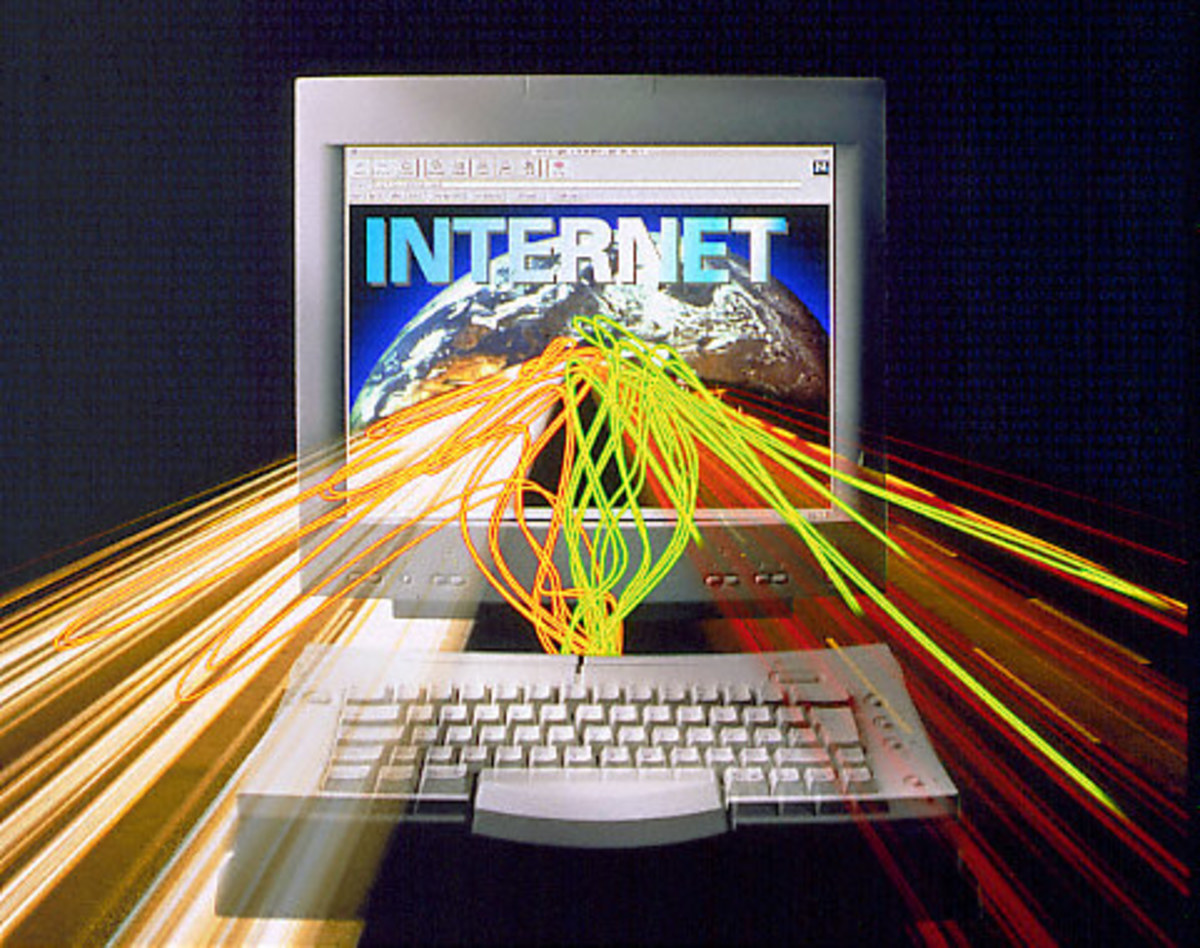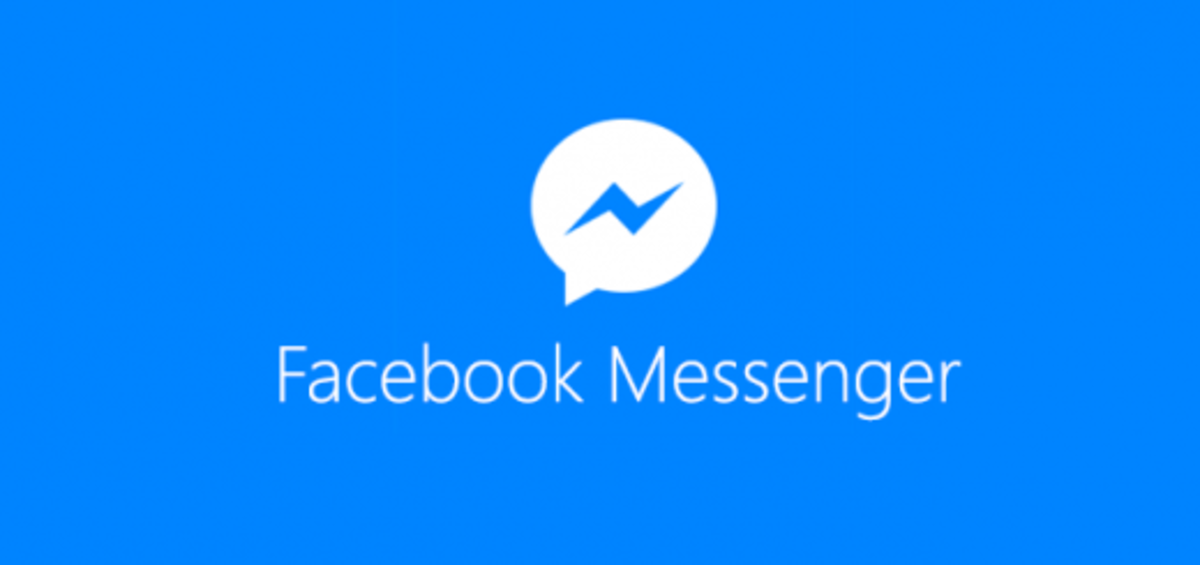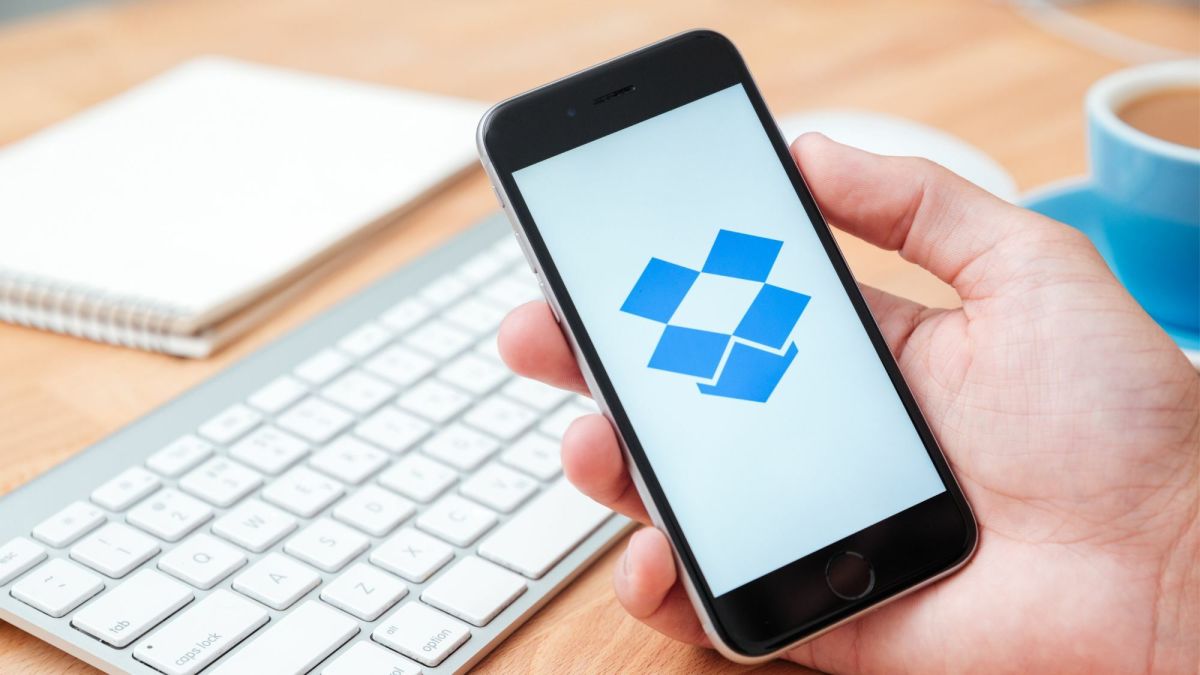What is Net Neutrality and the Neutrality Debate in India
Internet is meant to be free. World Wide Web was developed so that people can share thoughts, pictures and all sorts of media from faraway places without having to pay much. Before that Internet was just a means of networking, of sharing data and was limited in a sense. But when people developed websites it changed the way in which information is shared. The Internet gradually turned into a medium of growing knowledge, coming closer to each other's cultures, influencing our day-to-day life habits. And now this all is trying to be manipulated, to be tweaked in a way that will stop the Internet from being free unlike as in the case of Net Neutrality.
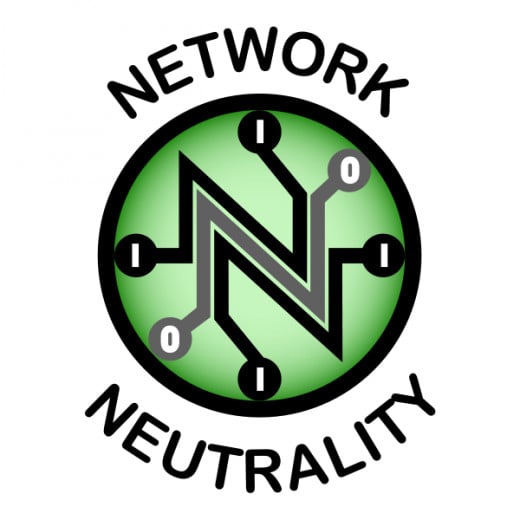
The concept of Net Neutrality
Net Neutrality refers to the fact that everything on the Internet is accessible to us users at the same rates and speeds no matter which website we access.
Suppose your Internet Service Provider(ISP) starts dictating what you can or cannot watch! How helpless you would have been!
Another scenario: Suppose you were to start a new website for your online business. But you were asked to pay money for displaying your website and providing faster speeds to the same. Along with you, there are already established honchos who easily pay more than you and can afford to satisfy the ISPs demands. Now the only solution you are left with is to make do with slower access speeds to your website. Just try to think of the number of people who will wait for your website to load when they can browse the products in the other websites in the same timeframe!
Yet another scenario: You are charged to view certain websites under some telecom operator and the same sites are free under some other operator. How will you manage?
Thus Net Neutrality is all about the following:
- The consumer is the king and decides what he/she wishes to view.
- There have to be no gatekeepers(cable/telecom companies) to allow/deny access to websites.
- The ISPs have an obligation to provide all sites with equal speeds, and not prioritise them according to their popularities.
- Also the data charges must be same for all regardless of whether the website is a social networking giant or a blog by an individual.
- Complete information on reasonable traffic management practices and justifications for the same must be accessible and available to the public. Telecom operators should be transparent and accountable to any changes in practices.
- Non-neutral treatment of traffic for “voluntary” law enforcement purposes must be prohibited unless there is a legal basis for it.
What the founder of the Web, Tim Berners-Lee says about Net Neutrality
"When I designed the Web, I deliberately built it as a neutral, creative and collaborative space, building on the openness the Internet offered. My vision was that anyone, anywhere in the world could share knowledge and ideas without needing to buy a license or ask permission from myself or any CEO, government department or committee. This openness unleashed a tidal wave of innovation, and it is still powering new breakthroughs in science, commerce, culture and much more besides."
Want to know what will happen without this?
Suppose you are browsing through videos for your project or just for fun and suddenly one of the previews looks just awesome! You click on it to find....

Or you will have to subscribe for packs like:
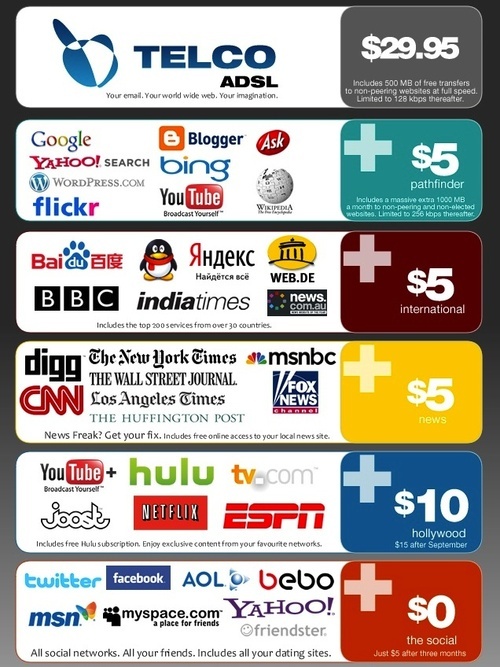
What makes the issue so important?
Well personally it is important to me because I will no longer be able to blog without paying a fee to my ISP for the same. From where do I bring the money if blogging is not paying me enough?
The primary arguments that have been presented by the telecom operators are:
- Over the top(OTT) services like Skype and Whatsapp have been depreciating their revenues.
- Telecom operators have no control over the content or the billing for these applications.
- These apps are not licensed,nor do they pay any fee to the government. In addition to this the government too, does not control them.
- They(the OTTs) do not have to keep quality of service in mind.
- The hackers can misuse the information provided to websites like Flipkart, which can be prevented if the telecom operators can regulate traffic.
- Data over the cloud is not secure enough.
- Traditional setups are losing out on customers because of online shopping.
- The consumers are looking to save on taxes by buying from global economies.
- The privacy of individuals will be lost because of the influence of Big data.
And many more..
Some of the counter-arguments presented are:
- There is no evidence of data revenues cannibalizing revenues from voice or SMS. In fact, data usage is soaring and it is driving the demand for telecom networks.
- Telecom operators need to have licenses to operate since they use a public resource: spectrum.Where Voice-over-Internet-Protocol services connect into the normal switched telecom network, TRAI’s VoIP regulations already exist. Therefore, there is no need for internet-based communication services to hold separate licenses.
- Charging users an additional fee over and above the data charges to access specific internet services will result in higher costs which will dissuade people from using such services.
- Today, many websites, especially blogs, have hyperlinked content and users can switch from one website to another without having to worry about access or cost. But differential pricing will not provide such a seamless experience.
- The Information Technology Act, 2000 already addresses the security concerns of the user
- Telecom operators stand to gain substantially by upgrading existing networks by proliferating the use of data by users, and it therefore stands to reason that the costs of upgradation should be borne by them.
- Budding entrepreneurs will have a tough time into launching and growing startups.
What President Obama had to say regarding Net Neutrality?
The plight of Telecom operators
Spectrum is a valuable resource and Telecom operators have to pay huge amounts to clinch the the projects ahead of their counterparts. This means that they incur some amount of deficit if they cannot even earn from their infrastructure without which Internet proliferation will hardly be possible. Moreover, as per an article(reference mentioned below:livemint) the government still imposes approximately 5% of the revenue that is generated under the name of the Universal Services Obligation Fund. This has continued even though the funds in the same are lying unused as per another article(ndtv).
References:
- http://profit.ndtv.com/news/corporates/article-india-sitting-on-over-4-billion-unused-universal-services-fund-industry-body-320763
- http://www.thehindu.com/business/Industry/telecom-companies-may-hike-mobile-rates-to-recover-spectrum-cost-moodys/article7049072.ece
- http://www.livemint.com/Opinion/ZbSbe5zbZHUbPaICcJkyrJ/India-has-a-good-argument-against-Net-neutrality.html
Discrimination is not the solution!
Facebook CEO Mark Zuckerberg has defended his initiative Internet.org saying,"For people who are not on the Internet though, having some connectivity and some ability to share is always much better than having no ability to connect and share at all. That's why programmes like Internet.org are important and can co-exist with net neutrality regulations."
But, discriminating between services is clearly not the solution to the problem. If OTTs start being charged then how many people will continue using the services? The success of these services is primarily based on the fact they have been cheaper and accessible alternatives to the SMS and Calling facility of mobile operators.
Instead of increasing Internet proliferation, the proposed solution will result in an even bigger depreciation in the existing user base of the Internet services. What will be the use of all the infrastructure then?
Don't you think there must be laws in India to prohibit the ISPs from disturbing the neutral nature of the web?
What you can do!
Just check the site savetheinternet.in for more details about Net Neutrality and its implications with regards to Indian masses.
Although the deadline to send responses to TRAI has been closed now, there is still a lot you can do on the above mentioned site!
Or you can log on to https://www.change.org/p/trai-take-an-action-to-preserve-net-neutrality-in-india and sign the petition.
Latest status of the campaign
“It is one million emails to TRAI minus any trolling or harassing, quite unprecedented for digital activism,” said Nikhil Pahwa, editor of the Delhi-based MediaNama, which covers mobile and the internet.
The numbers are huge enough to force the TRAI to think twice before coming upon a final decision. Now, the supporters are looking for the Prime Minister, Mr. Narendra Modi to take a stand against TRAI.
TRAI in a counter-attack has leaked out the complete names along with the email IDs of all those who protested against their decisions. Call this a lapse or a willingly done act, in either case it is a serious breach of privacy by the Telecom Authority. Along with those emails, an email that has gone viral and sent mistakenly to TRAI by a man is a love letter. You can check out the love letter on Google. I haven't mentioned it here because that means I myself am following in the footsteps of TRAI!
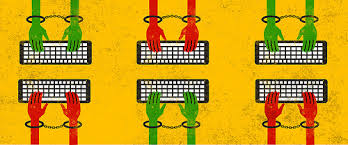
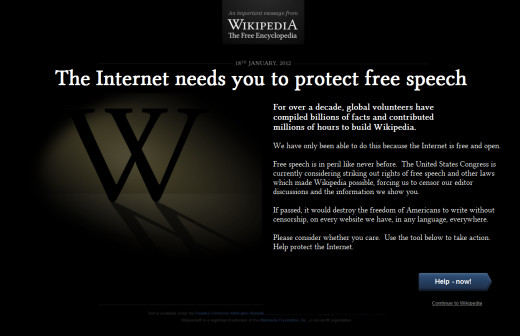
Some more information for you:
- Abridged-TRAI-Internet-Regulation-Net-Neutrality-Consultation - Google Docs
The consultation paper presented by TRAI. - PressReader - Connecting People Through News
Indian Telecom Revenue Statistics according to Indian Brand Equity Foundation
- Indian Telecom Industry, Telecom Industry in India, Telecommunication
Indian telecom industry! The accessibility of telecommunication services of telecom industry in India are enhanced, being fastest growing in the world.
References
- http://www.medianama.com/2014/11/223-net-neutrality-simple-explanation/
- http://indiatoday.intoday.in/technology/story/everything-you-need-to-know-about-net-neutrality-in-india/1/429887.html
- http://www.thehindu.com/opinion/editorial/the-importance-of-net-neutrality/article7065661.ece
- https://docs.google.com/document/d/1kNXtANR9UV6fSjV2DNrkcIMAJVVN4CJfHHiq_0kkx8E/edit?pli=1
- http://www.savetheinternet.in/
- http://economictimes.indiatimes.com/tech/internet/internet-org-can-co-exist-with-net-neutrality-facebook-boss-mark-zuckerberg/articleshow/46932257.cms
Will the concept of having different data charges under different operators and for different class of users be beneficial?
© 2015 Ramachandra A Pai

